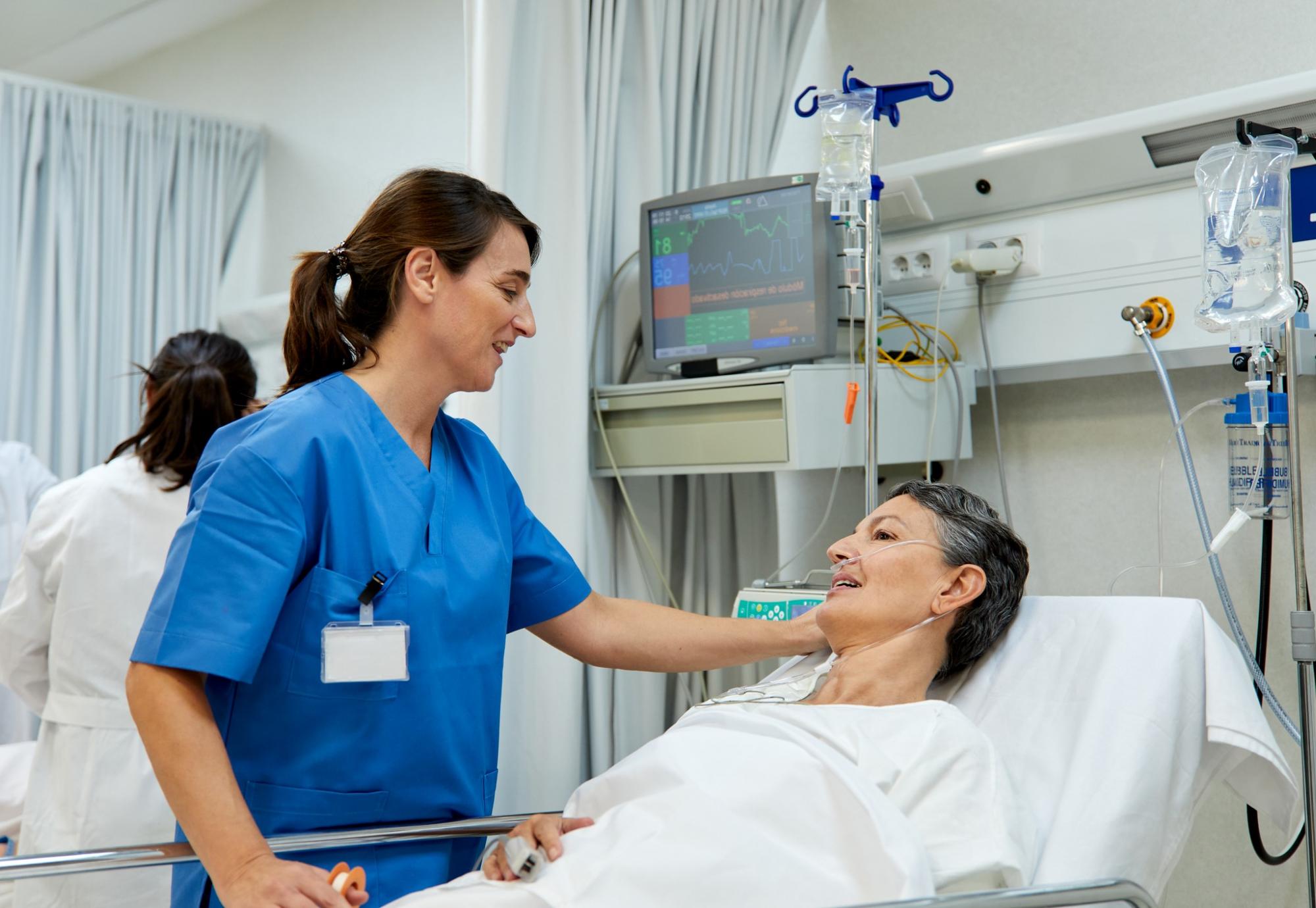As the NHS looks to update its working standards for assessing urgent care, it is inviting patients, clinicians and the public to give their views on a comprehensive set of indicators.
The updated standards will aim to capture what matters clinically and to patients, end hidden waits and reduce the risk of spreading Covid-19.
This consultation is the next stage in a developmental process started back in 2018.
The proposed measures take account of changes in the way urgent care is delivered, such as the roll-out of same-day emergency care and the bolstering of the NHS 111 service.
As part of one of the 10 indicators outlined, hospitals will be expected to see and assess urgent care patients within 15 minutes.
Local health systems could receive a rating which reflects the whole patient journey under the updated standards, developed as a result of testing those first published in the interim report of the clinically-led review of NHS access standards.
Integrated care systems (ICSs) would be scored on measures including NHS 111 performance, ambulance response times and patient handovers, timely assessments and time spent in emergency departments.
Data on individual trusts’ performance would still be published each month.
When taken together, the measures – which have been carefully developed by clinical leaders – will seek to improve patient flow to prevent crowding and ensuring A&E departments can operate more efficiently and effectively than the current set of standards, now 15 years old.
NHS National Medical Director, Professor Stephen Powis said: “After a decade and a half it is only right that we look at how we measure urgent and emergency care with fresh eyes.
“There have been many innovations in urgent treatment in that time and it is important that they are reflected in how we assess patient care from start to finish.
“The coronavirus pandemic has only made it more important that we update the way we measure urgent care to ensure NHS services deliver what matters most to patients and clinically.”
Professor Helen Stokes-Lampard, Chair of the Academy of Medical Royal Colleges added: “We strongly support these proposed changes.
“They are long overdue and when taken together will give us a much clearer view of what’s going on in our hospitals.
“Hopefully this brings an end to metrics which actually tell us very little about the quality of care or how good a hospital is at managing patients through the entire care pathway.”



















